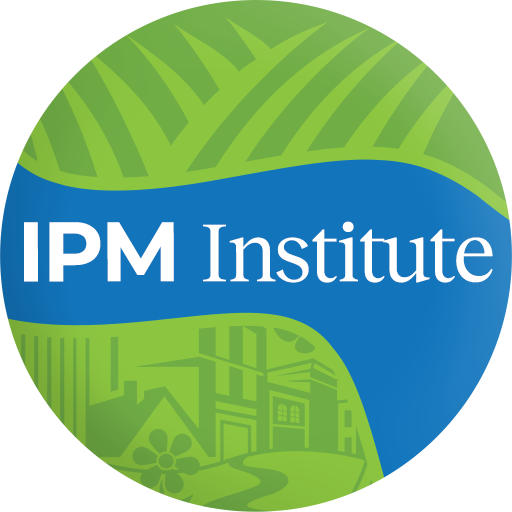The first pilot of the Sustainable Food Group Sustainability Standard has been completed with Malena Produce, a fresh tomato supplier, and IGP, one of their growers.
The Sustainability Standard is a third-party certification for producers and processors to document and report sustainability performance to buyers and others. It addresses soil health, pest management and pesticide use, nutrients, waste and recycling, water and energy conservation, processing, employee relations and environmental protection. The Sustainability Standard was developed by Sustainable Food Group, part of the IPM Institute of North America, Azzule Systems and Primus Auditing Ops and is being piloted with select growers in Sysco’s fresh produce supply chain.
For the first pilot, employees from Sysco, Sustainable Food Group, Azzule Systems and Primus Auditing Ops traveled down to Culiacán, Sinaloa to visit International Greenhouse Produce (IGP), an operation with over 300 hectares of greenhouses growing tomatoes, peppers and cucumbers, and a packing facility. Everyone toured IGP and learned about their many sustainability practices.
Among the most impressive is the IGP program to breed beneficial soil fungi and bacteria to control nematodes, soil-dwelling pests that damages the roots of many crops. Their in-house expert on breeding beneficials told us about their process of collecting soil samples to identify the nematodes and the fungi and bacteria that attack them. From here, they isolate the beneficial species and allow them to reproduce. Then they are dried, ground, mixed with water and applied to the soil. Multiple times per season, they collect new soil samples to isolate and reproduce new strains, ensuring that the beneficial bacteria and fungi strains are co-evolving with the nematodes, and therefore remain effective at attacking the nematodes.
In addition to breeding beneficial soil microorganisms, they are also beginning efforts to attract and release beneficial insects. They planted a couple rows of oats outside of the greenhouses, which attract three different species of lady beetles. Lady beetles are generalist predators; when collected and released into the greenhouses, they feed on aphids and other insect pests. As a next step, IGP plans to create habitat for the lady beetles inside the greenhouses to encourage them to survive and reproduce, providing ongoing insect control. Observing an employee collecting and releasing lady beetles, which promptly began feeding on aphids, was one of the highlights of our visit.
IGP employs about 3000 workers and houses 2000 during the growing season in on-site housing. Led by a dedicated social responsibility employee, they have implemented comprehensive programs supporting employees’ health, safety and wellbeing. Workers are provided with 24-hour access to medical care, an on-site dentist and psychologist, on-site daycare and schooling for children of workers, and adult literacy classes which provide workers with the ability to earn their high school diplomas. They provide other support as well including domestic violence prevention programs and AA, and they provide safe transportation for their seasonal workers to and from their communities at the beginning and end of the growing season.
We are incredibly grateful to IGP and Malena Produce for their willingness to lead the way in sustainable production, show us their growing and processing operation, tell us about their many sustainability and integrated pest management practices, and pilot the Sustainability Standard. We learned a great deal from their team of experts. We are also grateful to the staff at Azzule for their hospitality including transportation and meeting space.


